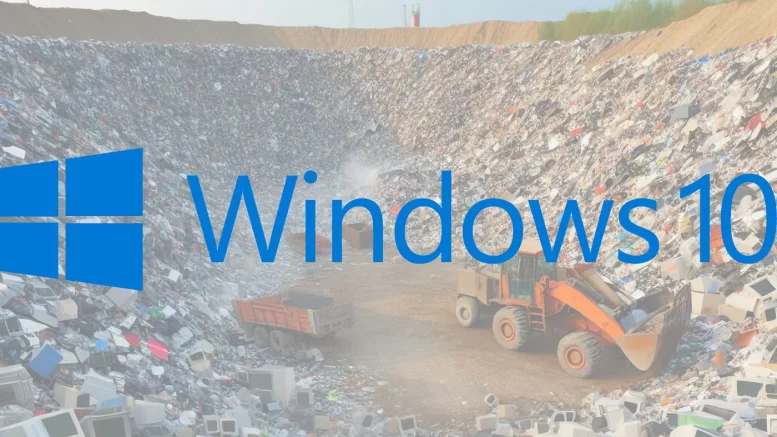Microsoft’s decision to terminate free support for Windows 10 by October 2025, coupled with the new requirement for TPM 2.0 support in Windows 11, could lead to the disposal of an estimated 240 million PCs, according to Canalys. Many older computers lack TPM 2.0 support, rendering them ineligible for the Windows 11 upgrade. The environmental implications of discarding such a significant number of PCs are causing concerns, and Canalys suggests alternatives, such as transitioning to Linux or salvaging removable components before discarding old computers. Microsoft will offer paid support for Windows 10 until October 2028, but upgrading is considered a more cost-effective option.
The implementation of TPM 2.0 support as a requirement for Windows 11 has prompted challenges for users with pre-existing hardware. With this requirement, Microsoft has inadvertently created a situation where many perfectly functional PCs may become obsolete due to compatibility issues. Users facing this dilemma have limited options, and the consequence could be a surge in electronic waste as millions of PCs are potentially discarded.
In response to this situation, Canalys emphasizes the need for sustainable alternatives. One such suggestion is transitioning to Linux distributions like Linux Mint or Ubuntu, which do not have the stringent hardware requirements of Windows 11. Installing Linux on older machines is a viable solution that could extend the life of these PCs and mitigate the environmental impact associated with electronic waste.
Furthermore, Canalys recommends salvaging removable components before discarding old computers. Users could remove items such as hard drives and memory (in laptops) from obsolete PCs. Hard drives can be repurposed in external hard drive cases, providing users with additional storage solutions. Memory modules can be reused in other devices to enhance performance, reducing waste and contributing to a more sustainable approach to computing.
As the technology landscape evolves, the issue of electronic waste becomes increasingly critical. Microsoft’s shift in support policies and hardware requirements underscores the importance of considering the environmental impact of technology decisions. Balancing technological advancements with sustainability will be a key challenge for the industry in the years to come.

